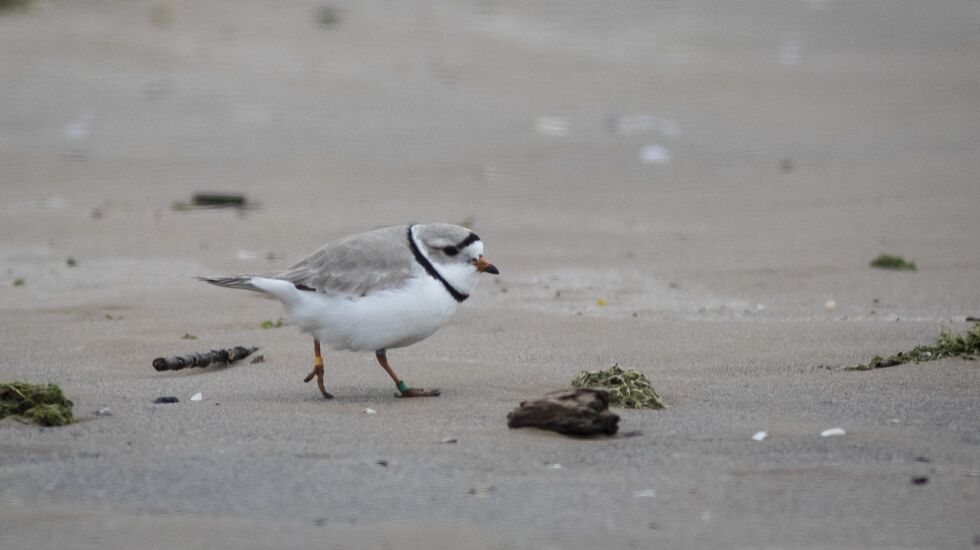
He was a rare bird in so many ways.
Monty, an endangered Great Lakes piping plover, took the birding community and casual observers under his wing when he and his mate Rose began nesting on Montrose Beach in 2019.
As we humans spiraled into despair navigating a deadly pandemic and other problems that devastate this city, the birds gently reminded us of the wonders that exist in nature and the importance of conservation.
There is no question the pair’s presence nudged the Chicago Park District to expand the Montrose dune natural area by three acres, helping protect other threatened species and plants.
Now, in his death, Monty will continue teaching us about how his type of migratory shorebirds have transformed through the years and their response to their changing environment.
Results of a postmortem examination revealed this week that Monty died last month from a severe fungal respiratory infection, including laryngitis which restricted his airway.
More tests will pinpoint exactly what type of fungus killed him, the Sun-Times’ Cadence Quaranta reported.
The necropsy — carried out by the Lincoln Park Zoo in partnership with the U.S. Fish and Wildlife Service and the University of Illinois Zoological Pathology Program — is far from Monty’s swan song.
A sample of the necropsy is being sent to the University of Minnesota, where it will be used for genetic research on the Great Lakes piping plovers.
And Monty’s remains will be given to the Chicago Field Museum where he’ll be added to the existing collection of piping plovers and further studied.
The heaviest adult plover weighs just over two ounces, so Monty was a little bird who told us a lot and will be telling researchers and preservationist much more.
Chicagoans mourning Monty hope to keep glimpsing his feathered family.
Rose, who usually spends her winter in Anclote Key, Florida, has yet to be seen this spring.
But her and Monty’s offspring, Imani, turned up at Montrose Beach a few weeks ago sauntering by the spots he enjoyed as a chick.
The small creatures have been a delight.
Thanks, Monty, for giving us your bird-eye’s view of the world.
Send letters to letters@sun-times.com







